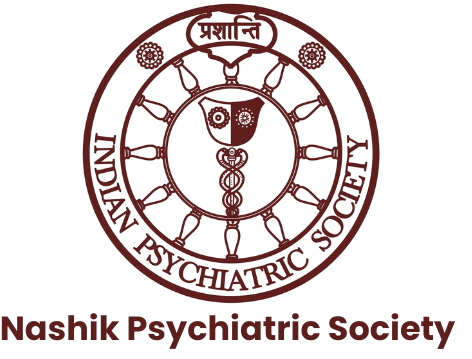Misconceptions About Mental Illness in India: Time to Break the Myths
Mental health problems are common in India, but stigma and wrong beliefs often stop people from seeking timely help. These misconceptions sometimes cause more harm than the illness itself.
One common myth is that mental illness is rare. Research shows that 1 in 7 Indians may face a mental health condition during their lifetime. These include depression, anxiety, addictions, schizophrenia, and bipolar disorder. Another belief is that mental illness means weakness or poor upbringing. People are often told “just be strong” or “the mind is weak”. In truth, psychiatric illnesses are medical conditions, linked to brain changes, genetics, and stress—not a matter of willpower or family background.
Medicines too are misunderstood. Many think psychiatric tablets cause addiction. This is untrue. Most medicines are safe and not habit-forming. Some must be taken long-term, just like medicines for diabetes or high blood pressure, but that does not mean dependence.
Cultural misconceptions also play a role. Some families believe marriage will “cure” illness, or that prayers, rituals, or faith healing alone are enough. While spiritual practices, yoga, and meditation may support recovery, treatment with medicines or therapy is often necessary. Another myth is that children cannot have mental health problems. In reality, stress, depression, and even self-harm are increasingly seen in young people. Early help can change their future.
ECT is one of the most misunderstood treatments. In movies it is often shown as painful and cruel, which is far from reality. In truth, ECT is safe and effective when used for severe illnesses like depression or schizophrenia. A) “It is given without anaesthesia.”- Not anymore. ECT is done under anaesthesia, so the person is asleep and does not feel pain. B) “It damages the brain.” – It does not cause brain damage. Some may have short-term memory issues, but these usually improve. C) “It is a punishment.” – ECT is never used as punishment. It is given when someone is very unwell and needs quick recovery. D) “It is outdated.”- ECT is still one of the fastest and most effective treatments, helping many return to normal life.
The harshest misconception is that life ends with a diagnosis. The truth is that with proper treatment, most people study, work, marry, and live fulfilling lives. Many Indians—including public figures—have spoken about their struggles, proving that recovery is possible. Modern psychiatric hospitals too are misunderstood. They are no longer places of punishment, but centers of respectful, compassionate care.
Talking about mental health does not worsen the problem—staying silent does. By replacing myths with facts, families can fight stigma and give their loved ones dignity, support, and hope for recovery.

